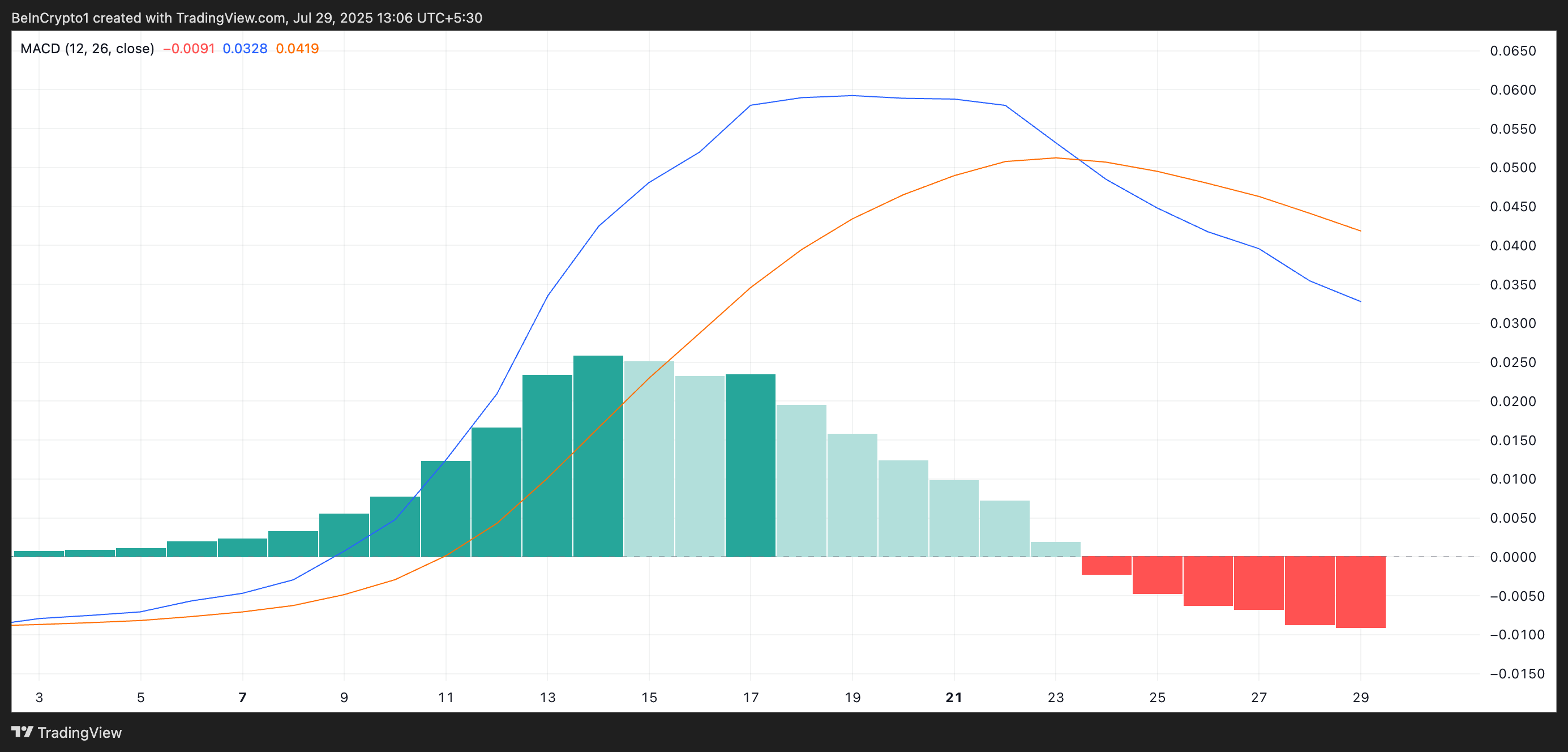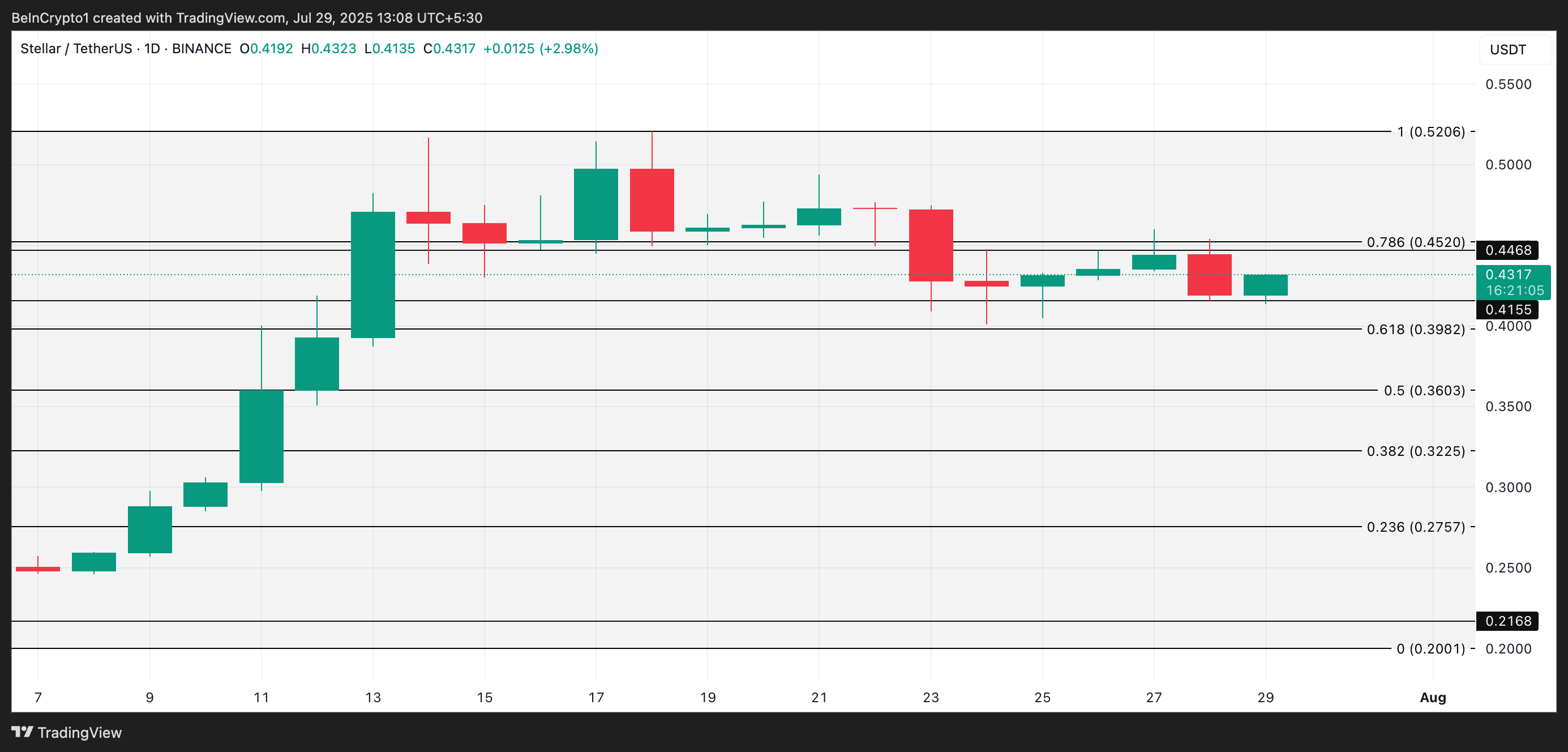India is making significant strides towards establishing a clear regulatory framework for cryptocurrencies, a move that could reshape the landscape for digital assets in the country. The Indian government’s decision to draft a consultation paper on cryptocurrency regulations marks a pivotal moment in the nation’s approach to digital currencies. This initiative, spearheaded by the Secretary of the Department of Economic Affairs, is expected to be published between September and October, signaling a proactive stance towards balancing oversight with innovation in the rapidly evolving crypto sector.
Navigating The Complexities Of Cryptocurrency Regulation
The upcoming consultation paper is set to address a wide array of concerns that have plagued India’s cryptocurrency landscape, particularly those related to macroeconomic stability. The Reserve Bank of India (RBI) has historically been cautious, especially towards privately issued cryptocurrencies and stablecoins. By opening the floor for public feedback, the government aims to craft a regulatory environment that not only ensures compliance with financial laws but also encourages technological progress. This balanced approach indicates a potential policy shift, where the government is seeking to harmonize innovation with necessary oversight.
A Look Back And India’s Cryptocurrency Journey
India’s relationship with cryptocurrency has been anything but smooth. The RBI’s 2018 ban on financial institutions engaging with the crypto market sent shockwaves through the industry, only to be overturned by the Supreme Court in 2020, which reinstated trading activities. However, the absence of a comprehensive regulatory framework has left the market in a state of uncertainty. Concerns about the economic impact of cryptocurrencies, particularly stablecoins, have kept regulators on edge, with the RBI even advocating for a ban on such assets.
The government’s recent crackdown on non-compliant offshore crypto exchanges further underscores the urgency for clear guidelines. The ban on nine major platforms, including giants like Binance and Kraken, under India’s anti-money laundering laws, has sent a strong message. Binance’s subsequent compliance, demonstrated by paying a significant fine, highlights the market’s responsiveness to regulatory actions and the government’s commitment to enforcing lawful practices in the crypto ecosystem.
India In The Global Regulatory Arena
India’s evolving stance on cryptocurrency is part of a broader global push towards uniform regulatory standards. The G20 Summit has been instrumental in this movement, with the Financial Stability Board integrating crypto-related regulations into its global roadmap. India’s alignment with these international frameworks reflects a response to global market trends and pressures. As the nation prepares to release its consultation paper, it is clear that India’s approach will not only shape the domestic crypto market but could also influence regulatory practices on a global scale.
As India edges closer to releasing its consultation paper, the implications for the cryptocurrency market are profound. By addressing both innovation and regulation, the Indian government is poised to create a secure and conducive environment for crypto transactions while safeguarding macroeconomic stability. The entire crypto community, both in India and globally, will be watching closely as the contents of this paper are likely to define the future trajectory of cryptocurrency operations in the country and beyond.







